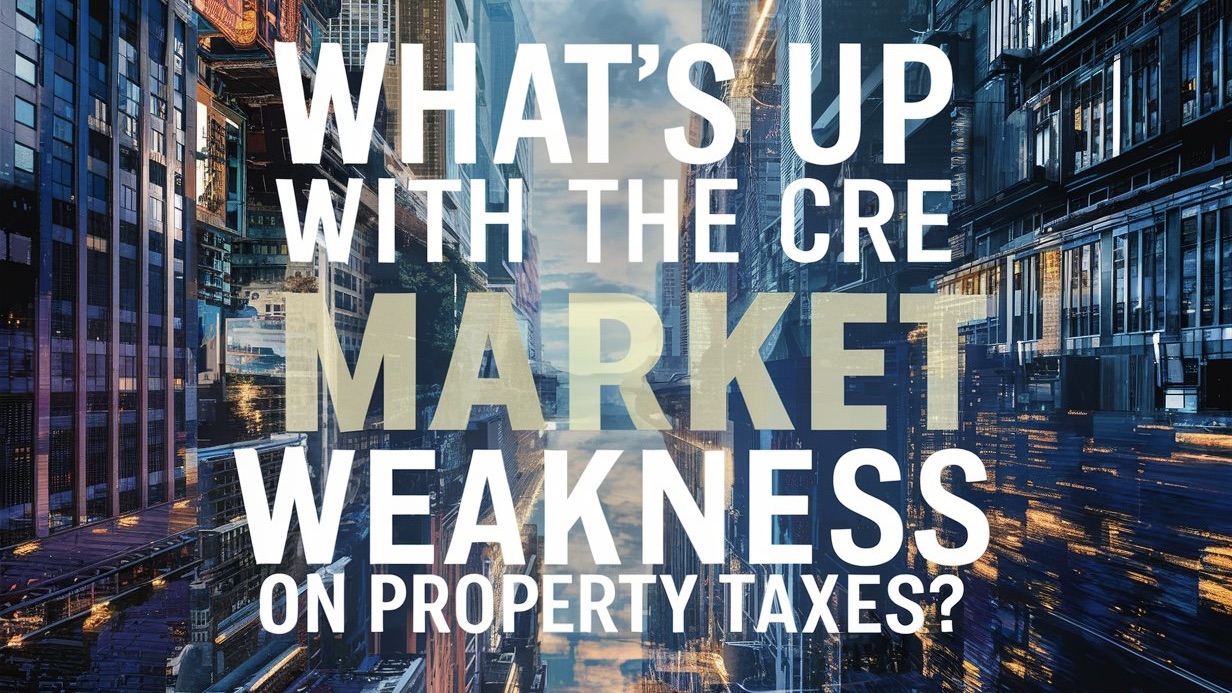Many U.S. homeowners saw their property tax bills rise last year — perhaps substantially, depending on the market.
In 2023, $363.3 billion in property taxes were levied on single-family homes, up 6.9% from $339.8 billion in 2022, according to an analysis of 89.4 million U.S. single-family homes by Attom Data Solutions LLC. That increase is nearly double the 3.6% growth rate seen in 2022 and is the largest hike in the past five years.
Factors Driving Tax Increases

The average tax on single-family homes increased 4.1% in 2023, to $4,062.
Attom CEO Rob Barber explained that the reasons behind substantial property tax increases for homeowners can vary widely from one area of the country to another. Factors such as increased expenses for local government operations and salaries for public school employees, maintaining or building new schools and government facilities, and inflation all contribute to rising property taxes.
Regional Disparities and Market Trends

Effective property tax rates increased in much of the country last year because of a slight year-over-year decline in overall home values and higher tax bills, with Attom finding the average home value dropped 1.7% in 2023. That decrease in values, along with rising taxes, resulted in a small increase in effective rates.
States with the highest effective property tax rates are in the Northeast and Midwest, led by Illinois (1.88%), New Jersey (1.64%), and Connecticut (1.54%). New Jersey also has the highest average property tax in the nation, with an average single-family home property tax of $9,488 last year. That’s almost 10 times the average of $989 in West Virginia, which had the nation’s lowest average levy last year, according to Attom.
Link Between CRE Market and Residential Taxes

The recent increase in residential real estate taxes comes as many aspects of the commercial real estate market are facing upheaval — office space in particular.
Assessed values on office buildings have been successfully challenged in many municipalities recently, resulting in significant value reductions and a much lower tax bill for those property owners. As the commercial real estate market goes through a reset, it prompts questions about whether local jurisdictions are having to become more reliant on residential owners’ property taxes, at least in the short to medium term.
Forecasting Future Tax Trends

Looking ahead, it’s possible municipalities will look to residential owners to shoulder more of the property tax burden as the commercial real estate sector adapts to evolving work and shopping habits.
“In the foreseeable future, governing bodies may encounter challenges in constraining property tax hikes for homeowners, particularly in areas grappling with substantial vacancies in shopping districts or underutilized office spaces,” Barber said, adding that impact will vary depending on location.
Home Affordability Concerns

While property taxes — and how much they could rise in the future — don’t get a lot of attention from first-time home buyers, they are a factor in mortgage calculations.
Property taxes are not likely to be at the top of your mind for first-time buyers, who tend to take on a lot of mortgage debt, because those buyers make smaller payments in the beginning. As mortgage balances get paid down, especially with a fixed-rate mortgage, property tax payments tend to become more apparent for those who stay in their homes for longer.
Strategies for Property Tax Management

Property tax is the largest, single expense for most property owners, representing nearly 25% of net operating income (NOI) on average, and is often overlooked as an important “lever” that can be pulled to impact commercial real estate valuations.
Property owners who are not proactively managing their real estate taxes, particularly in the current market climate, may be contributing to a decline in their property values.
Leveraging Property Tax for Value Enhancement

The value of a commercial real estate property is one of the most important metrics — if not the most important — that any manager, finance team, or owner must continually track. A higher property value can mean increased occupancy, higher rental income, and a more attractive selling price if the building is sold.
While valuations are often dictated by market forces outside a property owner’s control, there are several “levers” an owner can pull to impact valuation.
Paying property taxes should be viewed as an important business management strategy, not simply another bill automatically sent to accounts payable. Property tax management begins when the notice of assessment is received. Property owners and managers should ensure they record the value on the notice and the deadline to file an appeal.
Take charge of your property tax management strategy today to protect your investment and maximize your property’s value. Consult with our expert team at Brazoban Realty to explore proactive tax-saving opportunities and ensure your property taxes work for you.
Sources:
- Ashley Fahey for The Business Journals and Sandi Prendergast for the Atlus Group




